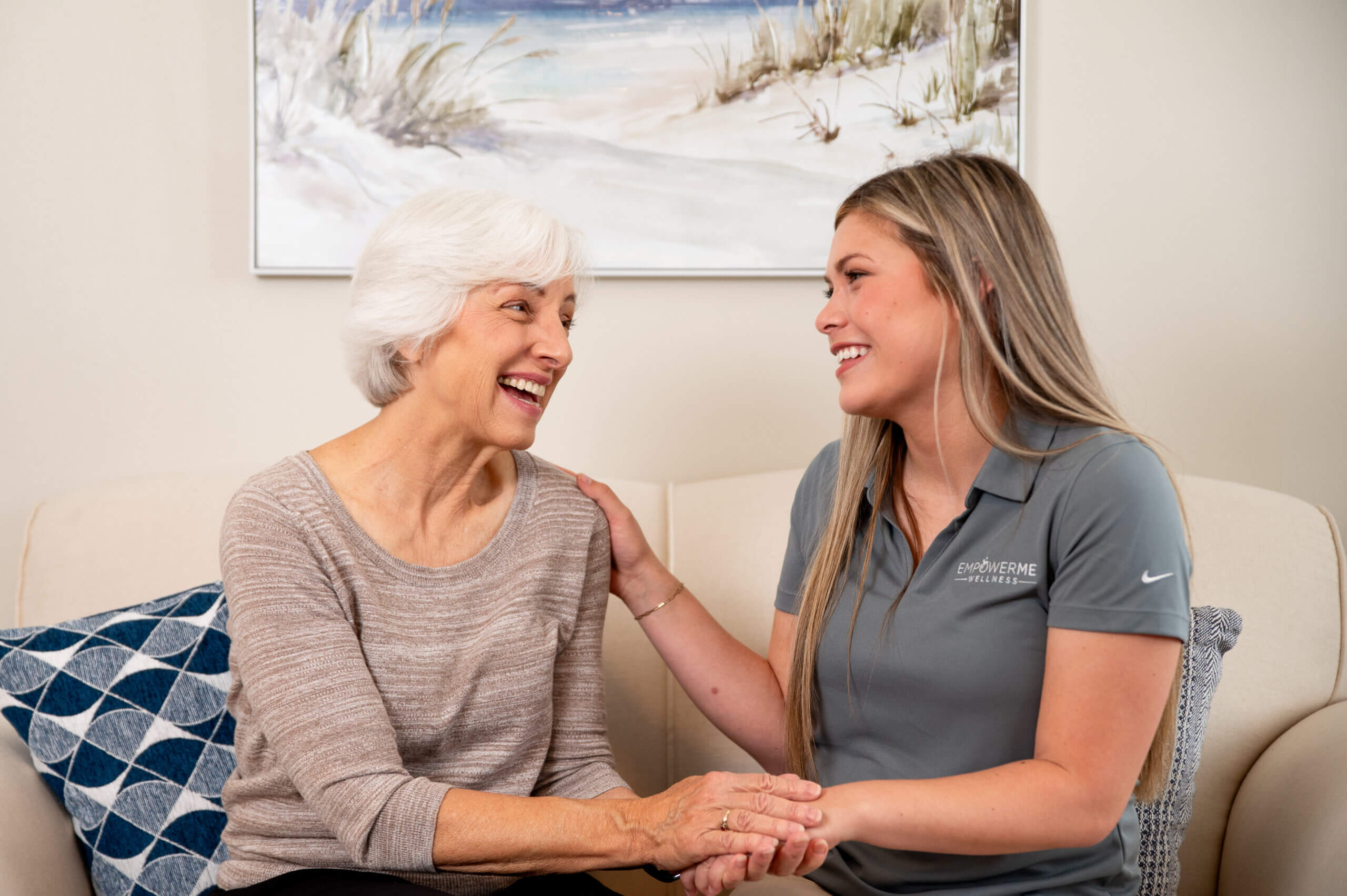Table of contents
The Significance of Listening in Establishing a Robust Therapeutic Partnership
A strong collaborative therapeutic relationship is pivotal because it directly influences resident engagement and success. When physical therapists build a bond with the residents they are treating, they foster a space where they feel understood and valued. It encourages residents to actively participate and commit to their treatment plans, which is crucial for their progress and rehabilitation. Engaging residents as partners in their own care leads to more personalized therapy and can significantly improve outcomes. In physical therapy, the foundation of a successful outcome lies in the technical interventions and the quality of the therapeutic alliance formed between the therapist and the resident.
What is a Therapeutic Alliance?
A therapeutic alliance is a critical element of the therapy process, encompassing the bond between a therapist and their client. It’s built on mutual trust, respect, effective communication, and mutual understanding between therapists and residents, emphasizing their goals. A strong therapeutic alliance is often a predictor of positive outcomes in therapy, as it facilitates engagement, enhances communication, and supports the client’s progress through therapeutic interventions.
Developing a Therapeutic Alliance
A robust therapeutic alliance begins from the first interaction, which in physical therapy, usually occurs during the initial evaluation. This evaluation serves as the cornerstone of resident care, gathering data on their physical condition and establishing a meaningful connection with them. Listening attentively to the resident’s history without interruption allows the therapist to gather essential information, demonstrating respect and laying the groundwork for a resident-centered therapeutic alliance.
Research indicates that residents often communicate all the necessary information within the first few minutes of an appointment if given the chance to speak without interruptions[1]. This practice not only aids in building trust but also in developing a more accurate and comprehensive treatment plan. Active listening and empathy from the therapist can significantly enhance the therapeutic relationship, making the resident feel valued and understood.
Collaboration Is Key
Collaboration is another vital aspect of strengthening the therapeutic alliance. Allowing residents to participate in their treatment planning by setting goals and providing feedback ensures that the therapy is tailored to their individual needs and preferences. This collaborative approach makes the treatment more relevant and engaging for the resident and enhances their commitment to the therapeutic process.
In physical therapy, this translates to better disability and function outcomes, even if pain levels remain unchanged. The effectiveness of the therapeutic interventions is significantly amplified when they feel supported and are actively engaged in their recovery process.
To foster a strong therapeutic alliance, the therapist must excel in communication skills, including active listening and empathy. They should strive to understand the resident’s perspective, encourage their active participation in setting treatment goals, and solicit ongoing feedback to adjust the therapy as needed. This approach not only helps in achieving better health outcomes but also in ensuring a more satisfying and empowering experience for the resident.
Understanding the resident’s experience is critical in creating an effective treatment plan. A therapist who is aware of the subtle cues in their resident’s verbal and nonverbal communication can better navigate the complexities of the individual’s needs. This nuanced approach validates the resident’s experiences and enriches the therapist’s ability to diagnose and respond to the underlying issues.
This depth of interaction goes beyond the mechanics of treatment; it involves recognizing the resident’s emotional, psychological, and social circumstances that may affect their physical well-being. By considering these dimensions, therapists contribute to a more holistic recovery process, addressing the broader health context. This comprehensive strategy often yields a more sustainable and satisfying healing journey, enhancing the collaborative nature of the therapeutic relationship and setting the stage for a more resilient and empowered resident.
Conclusion
A therapeutic alliance is a critical component of effective therapy and is built on listening attentively and engaging residents as active participants in their treatment. By prioritizing the development of a strong therapeutic alliance, therapists can significantly enhance the efficacy of their interventions and the overall resident experience, leading to better health outcomes and higher resident satisfaction.
Resources
[1] Langewitz W, Denz M, Keller A, Kiss A, Rüttimann S, Wössmer B. Spontaneous talking time at start of consultation in outpatient clinic: cohort study. BMJ. 2002 Sep 28;325(7366):682-3. doi: 10.1136/bmj.325.7366.682. PMID: 12351359; PMCID: PMC126654.



